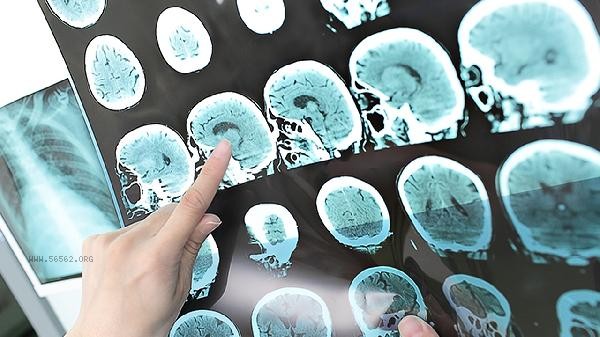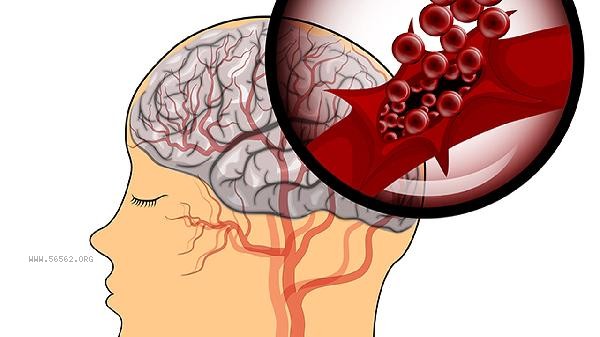Brain retardation may be related to factors such as neurological dysfunction, cerebral blood supply deficiency, depression, hypothyroidism, Alzheimer's disease, etc. It is recommended to use medications such as Olacetam capsules, Nimodipine tablets, Sertraline hydrochloride tablets, Levothyroxine sodium tablets, and Donepezil hydrochloride tablets according to medical advice. It is recommended to seek medical attention promptly to identify the cause and use medication in a standardized manner under the guidance of a doctor.

1. Olacetam Capsules
Olacetam capsules are suitable for brain injury and memory and intellectual impairment caused by it. This drug can promote acetylcholine synthesis in the brain, enhance neuronal metabolism, and improve cognitive function. Mild gastrointestinal reactions may occur during use, and individuals with abnormal liver function should use with caution.
2. Nimodipine tablets
Nimodipine tablets are used to improve cerebral vasospasm and cerebral ischemia. As a calcium channel blocker, it can selectively dilate cerebral blood vessels and increase cerebral blood flow. Patients with hypotension should monitor their blood pressure and avoid using beta blockers in combination.
3. Sertraline Hydrochloride Tablets
Sertraline Hydrochloride Tablets are suitable for cognitive decline associated with depression. Improving mood and cognitive delay by regulating serotonin levels. Insomnia or drowsiness may occur during the initial stage of medication, and emotional changes should be regularly evaluated.

4. Levothyroxine Sodium Tablets
Levothyroxine Sodium Tablets target cognitive impairment caused by hypothyroidism. Can replace the lack of thyroid hormones in the body, improve metabolic rate and nerve conduction velocity. Regular thyroid function testing is necessary to adjust the dosage and avoid excessive use that may cause arrhythmia.
5. Donepezil Hydrochloride Tablets
Donepezil Hydrochloride Tablets are used for the treatment of cognitive impairment in mild to moderate Alzheimer's disease. As a cholinesterase inhibitor, it can delay the degradation of acetylcholine, improve memory and attention. Common side effects include gastrointestinal symptoms such as nausea and diarrhea. In addition to medication treatment, it is recommended to maintain regular aerobic exercise such as brisk walking or swimming to promote blood circulation in the brain. Daily intake of foods rich in omega-3 fatty acids, such as walnuts and deep-sea fish, should be ensured to avoid high sugar and high-fat diets. Cognitive training such as reading and board games can help stimulate synaptic connections in the brain, while maintaining 7-8 hours of high-quality sleep is crucial for brain function recovery. Individuals with long-term cognitive decline should undergo regular neurological examinations and cognitive assessments.









Comments (0)
Leave a Comment
No comments yet
Be the first to share your thoughts!